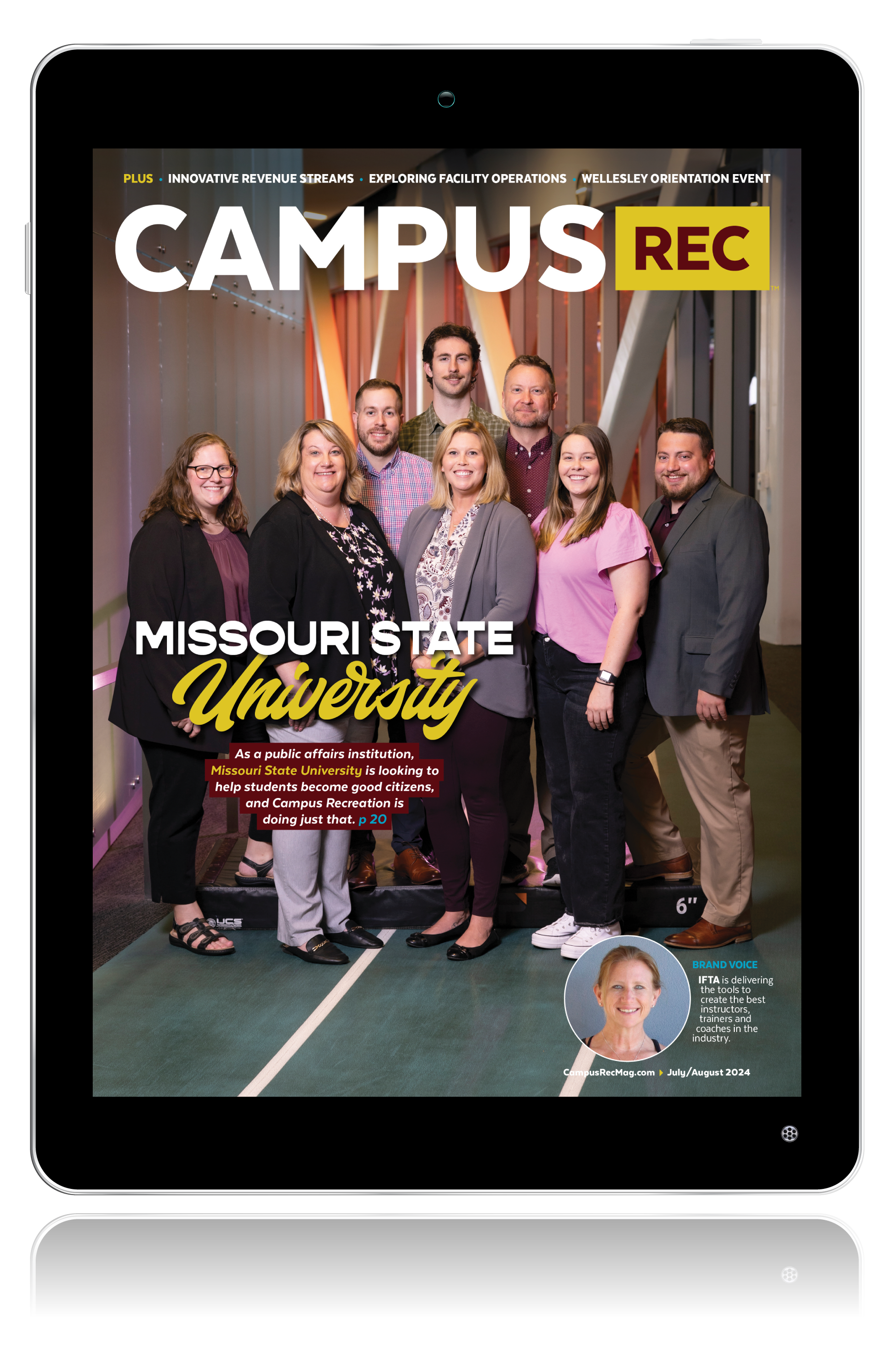I have been involved with various martial arts for nearly 20 years beginning with a campus rec entry-level Judo class at the University of Nebraska-Lincoln in 2001. I love everything about it, especially the history, different styles and philosophy behind it. One of the most known martial arts philosophies originated from film legend and Jeet Kune Do founder, Bruce Lee.
Jeet Kune Do as a martial art is formless, fluid, efficient and always changing based upon the challenger or style-faced where simplicity is valued. Bruce famously said, “Now you put water in a cup, it becomes the cup. You put water into a bottle it becomes the bottle. You put it in a teapot, it becomes the teapot. Now water can flow or it can crash. Be water, my friend.”
Ancient Chinese philosopher Lao Tzu also highlighted the characteristics of water in the “Tao Te Ching” stating, “Water is fluid, soft and yielding. But water will wear away rock, which is rigid and cannot yield. As a rule, whatever is fluid, soft and yielding will overcome whatever is rigid and hard. This is another paradox: what is soft is strong.”
Water has many important characteristics, such as being reflective. In this season, I cannot overstate the importance of reflection and mindfulness. Water is essential for life, because without it, we would die in roughly a week. What we do is essential to the campus experience – water promotes growth.
The Importance of Being Like Water
In this season, we are supporting each other and learning new things and practices. One of water’s main characteristics is its resiliency, fluidity or adaptability. If you spill water on the floor, it will fill every crevice or crack of which it comes into contact. Water does not just disappear; it changes form, adapting to the surroundings but remaining. Being like water means you change with the change, never remaining in a fixed pattern. To survive challenges as they come, one must constantly adapt based on the situations that occur.
This is one of the biggest, if not the biggest, seasons of change any of us has ever faced professionally. Every day offers a different challenge or set of guidelines we must adopt in which to operate safely. The challenges in front of us are many, such as drafting re-opening plans vastly different from normal operations, adding new enhanced cleaning procedures, changing facility layouts, and only offering programs or services, meetings, or training virtually.
Extra Credit: Drake Belt shares how to get creative while adapting to change and budget revisions.
For many of us, we do not know exactly how the fall semester will play out other than some vague details. None of us can predict how the pandemic will affect not only our operations but also university life in general. What we can do is proceed with a fluid mindset, the ability to change along with the changing dynamics of the situation, and attacking the situation with what is needed to be successful.
On my campus, the reopening date for us moved back on three separate occasions. My team and I have written draft after draft of reopening protocols only to revise with each new revelation or guideline from the CDC, World Health Organization, or state and local public health authorities. My competitive sports team is putting out a fall schedule that looks nothing like they have ever done. Half of our recreation facility became literal classroom spaces. Campus authorities are turning over every rock in which to find available space to allow students to be safely on campus.
We have taken every change in stride and chosen the fluid mindset and continue to move in the only direction we can – forward. We are taking the attack of the changing landscape and redirecting it into a positive direction with new and very cool ideas that will stick with us as we continue to evolve and grow. An old proverb states, “In the battle between the river and the rock, the river always wins, not through strength but through perseverance.” Be like water.
Author Bio
Matt Beck, MS, CPRP, RCRSP is currently an associate director for the department of wellness at Oklahoma State University. Matt’s expertise is in recreation programs and facility management with specialties in leadership development and project management. He has worked in campus recreation at multiple institutions and roles. He also has served as a parks and recreation director for two different communities. Matt can be reached at mrbeck@okstate.edu.










